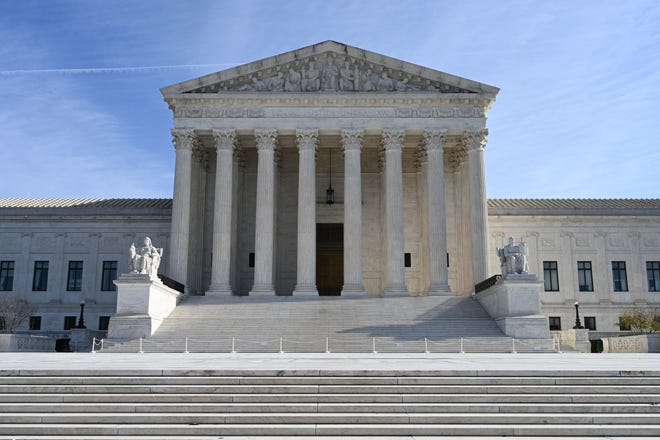WASHINGTON — The U.S. Supreme Court on Tuesday unanimously rejected an appeal dealing with whether Americans with disabilities can sue hotels for failing to disclose accessibility information on their websites, ruling that the case is moot.
Deborah Laufer, a Florida woman who uses a wheelchair, sued Atchison Hotels in 2020 after she discovered that an inn operated by the company in Maine did not disclose on its booking page whether it had accessible rooms. This lack of disclosure violated 2010 federal regulations related to the Americans with Disabilities Act.
Civil rights groups say these “tester” lawsuits are essential to enforcing the ADA, the 1990 law that bans discrimination on the basis of disability. Millions of Americans living with disabilities expect hotels to list amenities such as ramps and roll-in showers on their websites. If they don’t, they may arrive at the hotel only to find that their room is unavailable.

But in an unusual move, Laufer dropped the lawsuit after it was appealed to the Supreme Court, so Tuesday’s ruling, which leaves the questions raised by Laufer’s lawsuit unresolved, came as little surprise.
Plus: “Sleeping in your car”: This Supreme Court decision could change the way Americans with disabilities book hotel rooms
Get ready to vote: See who’s running for president and compare where they stand on key issues with our voter guide
Some judges questioned whether the case could be resolved or whether the dispute between Laufer and the Maine inn was already resolved. Laufer dropped the lawsuit, and the hotel is now under new ownership. The company now posts accessibility information on its website.
The decision is the Supreme Court’s first of the current term and was written by Justice Amy Coney Barrett.

